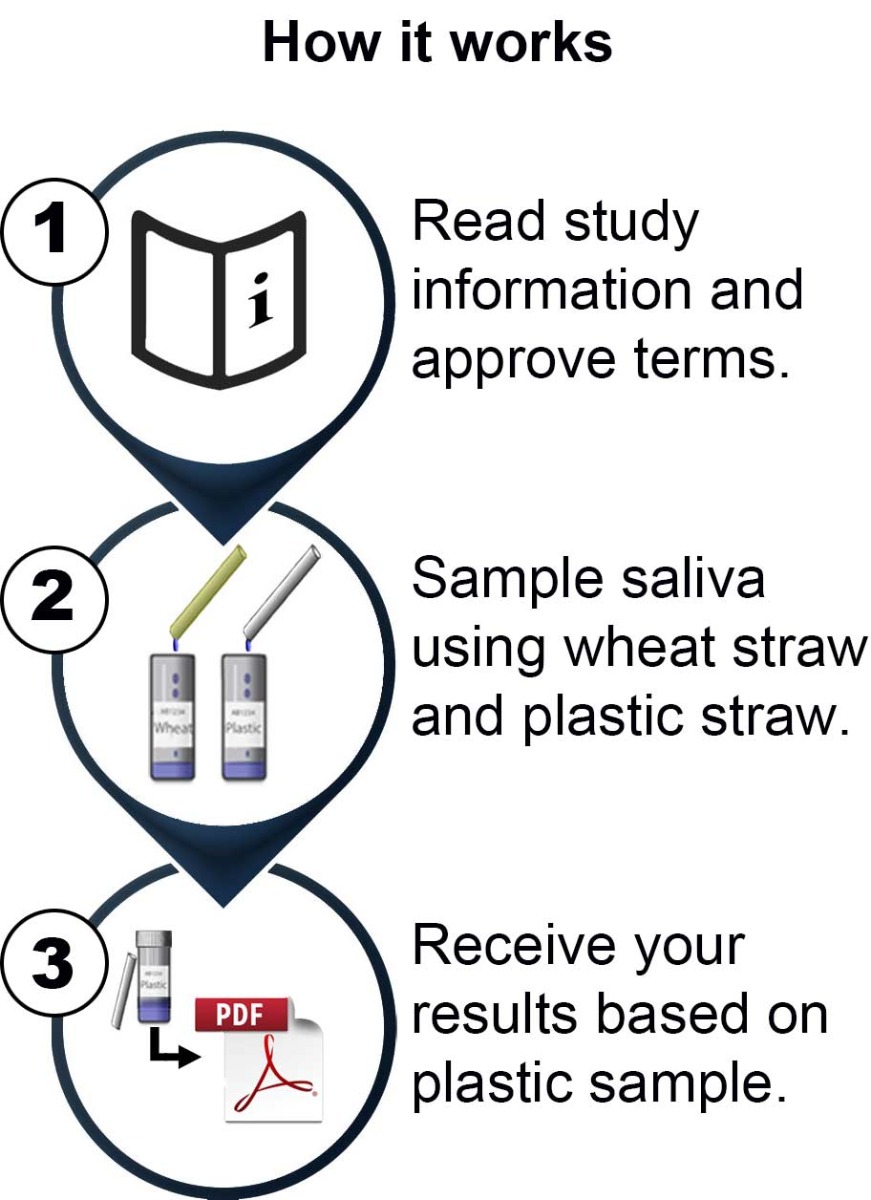What stalk straws for DNA and hormone testing
Plastic straw replacement study

Last updated 08/08/2022.
With its severe negative impacts on the environment the overuse of polypropylene (PP) plastic has become a global issue. Many are now looking for alternatives to single-use plastic straws, which are now banned in several countries.
It is all-too-easy to place the emphasis on the reuse and/or disposal of a straw, above all landfill and ocean life. Thus, reusable straws, or straws made of "natural" biodegradable material, may appear superior to plastic straws. However, life-cycle studies are required to compare the true environmental impact of plastic replacement. Such studies look at the full process through the lifespan of a product, including all processes associated with production, supply chains, maintenance, disposal, and degradation. For plastic straws, good life-cycle studies should consider water and ozone depletion, land use, landfill, ocean pollution, and destruction of natural habitats. For instance, paper straws may disintegrate better than plastic, but they require a lot more land use, and water consumption during production. Reusable stainless steel straws may not make it to the ocean, but they need a lot of resources to be created, they require further water and chemicals to clean between uses, and unless proper recycling facilities are available they end up on landfills once they are disposed of. Bamboo pulp straws may appear environmentally friendly but only if they are reused, and they further take a toll on the natural habitat where they are grown.
Persometrics has identified edible wheat stem straws as a good replacement for single-use plastic straws. Lifecycle studies show that wheat straw products are environmentally friendly insofar as they are an otherwise discarded byproduct of corn production, and therefore require no land use. They disintegrate in soil and require little water during the production of the wheat straw pulp as compared to other biodegradable materials, such as bamboo and paper. We do not recommend eating our straws, but they are compostable and you can even bury them in your garden or plant pots, where they will disintegrate within 3 months (faster if they are first kept in water overnight).
Our study has shown that the readings from two types of straw differ by 1-5% and we have decided to phase out the use of plastic straws for this reason.
Thank you for helping to protect our planet.
